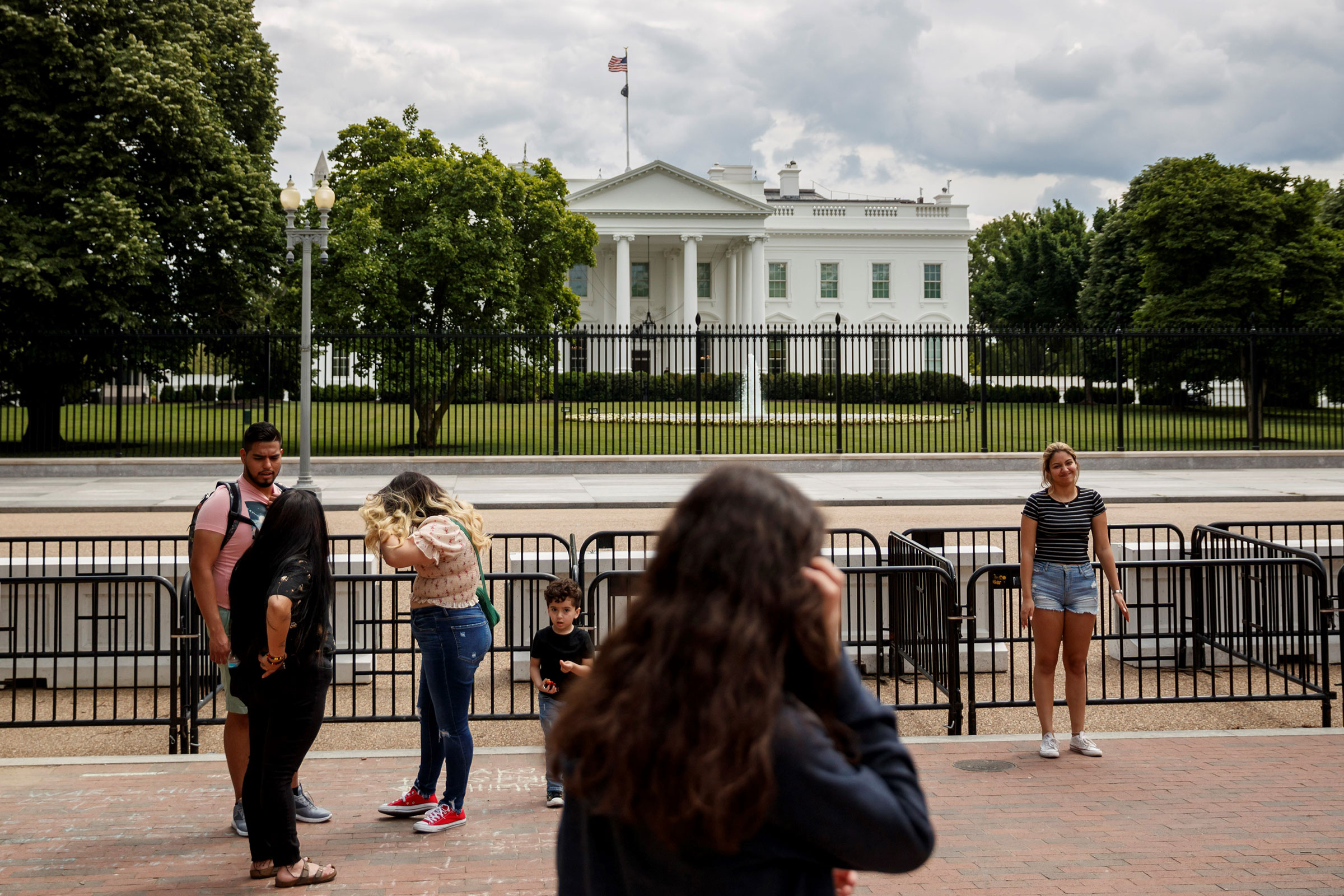
This article is part of the The DC Brief, TIME’s politics newsletter. Sign up here to get stories like this sent to your inbox every weekday.
At one of the worst points in this pandemic, when the United States was averaging more than 60,000 new cases a day and unemployment stood at 8%, a solid majority of Americans said they wanted the government to do more: more direct involvement in the then-theoretical vaccine, more safety-net programs, more access to healthcare dollars. As some 6,000 people were dying in the U.S. each day — a death toll greater than the terrorist attacks of Sept. 11, 2001 — a Pew survey from August showed 59% of Americans wanted the government to do more to make life better, including a surprising one-third of Republicans.
In Washington, that shift among conservatives created an important opening for progressives. Finally, they seemed to have buy-in from hold-out conservatives on their argument that government is a force of good. A generation of conservative belief that the markets would fix things if just given time seemed rocked to its core, and scared Americans into considering that maybe progressives were onto something. With then-candidate Joe Biden making a long list of promises to appeal to his party’s left flank, anything seemed possible — even if the country was still in the throes of a hellish public-health disaster. The moment, to my mind, stood to change Americans’ relationship with their government.
Well, fast-forward to the present. America is opening again. Just yesterday, D.C. Mayor Muriel Bowser announced that she was dropping the masking requirement for vaccinated persons to roam the city, worship and do business. Locally, 54% of all Washingtonians have had at least one dose of the vaccine and that number stands at 48% nationally. There are expectations K Street’s offices will start opening soon, and, personally, I sent out dry-cleaning last week in the hopes I’ll need more than my go-to blazer for Zoom interviews.
All of this is reason for optimism — unless you’re in the progressive flank of the Democratic Party. That group’s moment in the limelight appears to be fading fast, at least when it comes to keeping conservatives sold on big government’s potential. A follow-up survey from Pew finds Republicans’ support for stepped-up government action fell from 32% to 23% in April — a steep fall in such a short period of time. When asked if government does the right thing more often than not, Republicans answering in the affirmative sank from 28% to just 9%.
Around the country, conservatives’ temporary indulgence in government’s promise seems to be melting. States like Florida are restoring job-search requirements for those receiving unemployment assistance. South Carolina is one of 14 states cutting-off more-generous unemployment benefits early that were funded by Washington to run through September. (The one exception to these findings is support for having the government provide high-speed Internet; there’s been a 15-point jump in that idea among all voters since September 2019, pre-pandemic.)
This is also bad news for Biden, who has bet big on his infrastructure and family plans. Liberal allies are encouraging him to lump the two plans together for quick passage through Congress before August. As this newsletter noted last week, left-leaning groups are growing tired of chasing a bipartisan compromise and just want to take the win and, well, move on.
That seems like a logical strategy, especially if America is starting to slink away from its embrace of government’s good. It’s easier to distrust government when you don’t need it any more. Nature is healing, the memes tell us, despite CDC numbers showing the U.S. is still logging 30,000 new cases every day and 12,000 deaths daily. That death toll is twice what it was last summer when conservatives liked government action.
As conservatives are returning to their default position, progressives are left trying to speed ahead with an agenda fast expiring. The aperture is closing, and the activist class is rushing to take advantage of what could be a fleeting opportunity. What could have been an heir to the New Deal might actually collapse into a sequel to Reaganomics.
Make sense of what matters in Washington. Sign up for the daily D.C. Brief newsletter.
Correction, May 18
The original version of this story misstated the current seven-day rolling average of COVID-19 deaths in the United States. It is 613, not 12,000.
More Must-Reads from TIME
- Donald Trump Is TIME's 2024 Person of the Year
- Why We Chose Trump as Person of the Year
- Is Intermittent Fasting Good or Bad for You?
- The 100 Must-Read Books of 2024
- The 20 Best Christmas TV Episodes
- Column: If Optimism Feels Ridiculous Now, Try Hope
- The Future of Climate Action Is Trade Policy
- Merle Bombardieri Is Helping People Make the Baby Decision
Write to Philip Elliott at philip.elliott@time.com